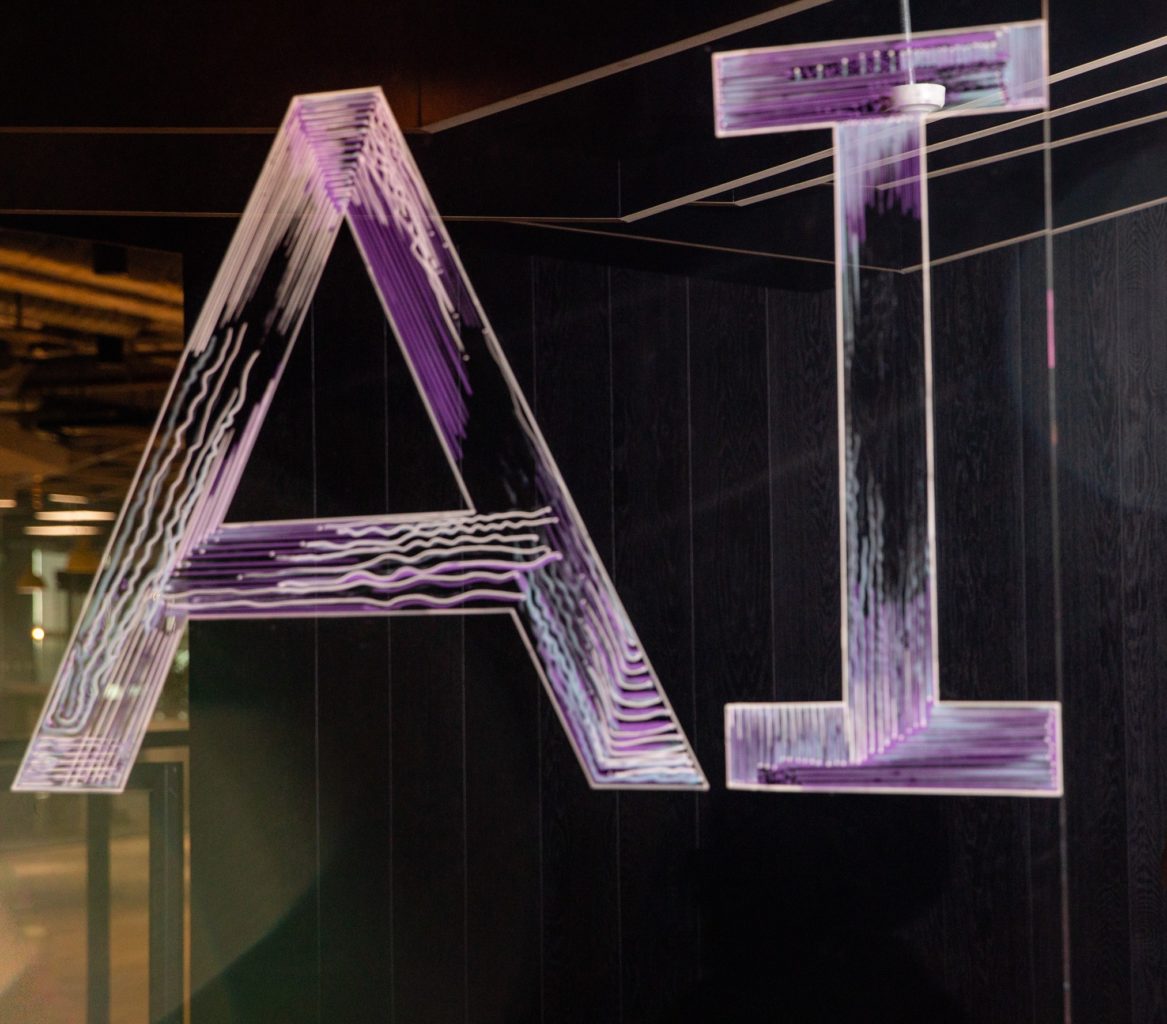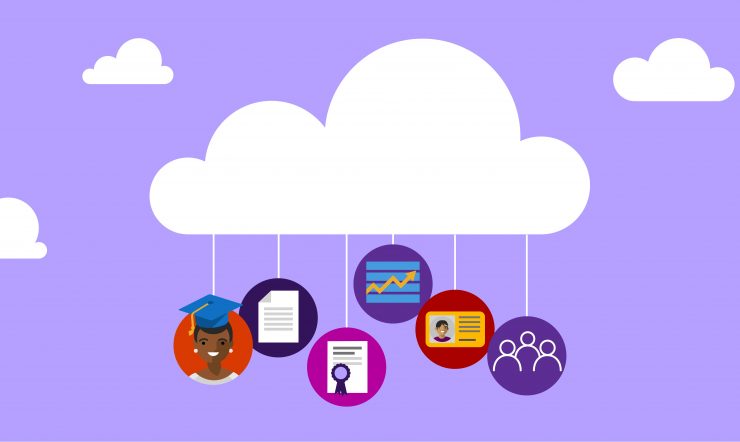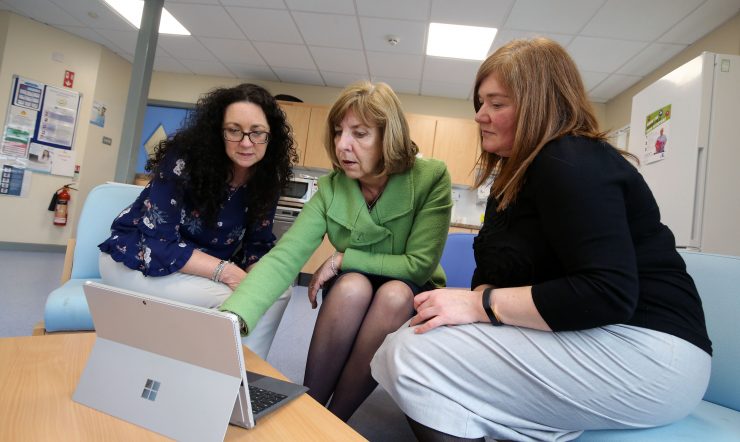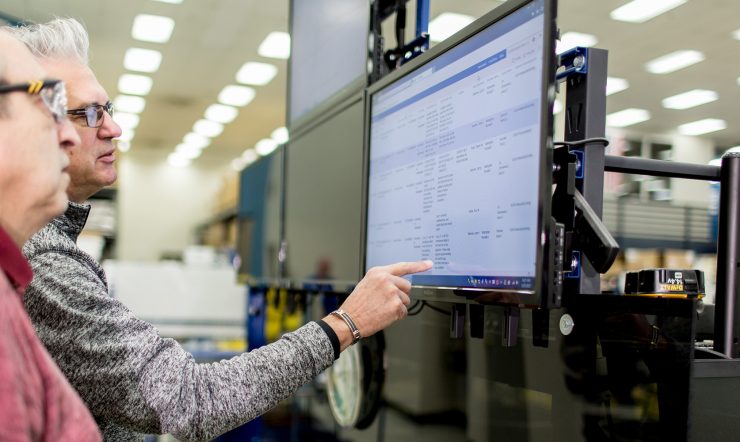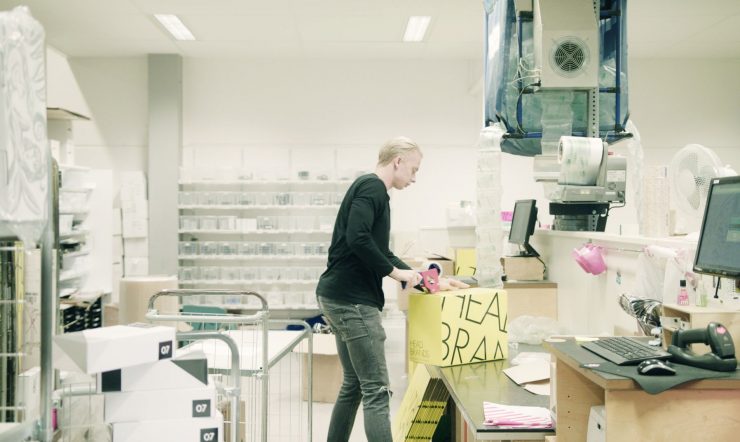Emotional Intelligence and Digital Culture are the Foundations of AI
This year, the volume around Artificial Intelligence has gone up, but an increase in noise is not the same as an understanding of the culture required to make AI successful.
AI is perceived as a major catalyst for change, and with that promise, business leaders need to put in significant ground work to facilitate change from a technological, process, and most importantly a cultural perspective. Last year, we researched the importance of Digital Culture in Irish organisations. We found that culture is one of the most important factors in helping employees of all ranks, ages, and skill levels to absorb and successfully adopt new technology into their organisation. Where is it lacking, we found it negatively impacted on Innovation, Engagement, Productivity and Empowerment, the key qualities needed to ensure organisations evolves in an ever-changing environment where disruption is becoming a constant.
Master Emotional Intelligence to enable AI
AI has enormous potential to make the world a better place and drive transformational change in some of the most important aspects of our lives – how we live, play, interact with each other and, last but not least, work. When it comes to AI in the workplace, we’ve noticed that a key and common trait of companies that use AI successfully is actually — Emotional Intelligence (EQ).
Simply defined, EQ is the ability to identify and understand emotions. In a professional context, it means having the ability to handle relationships with empathy, understand what motivates people, and creating an open and collaborative environment (with technology or other tools) that empower people to do their best work. This works hand in glove with Digital Culture. Get this combination right and you can take your organisation to a whole new level.
We learned this from a new study commissioned by Microsoft and conducted by EY. Released publicly in October 2018, Artificial Intelligence in Europe seeks to help us understand the AI strategies of 277 major companies across seven business sectors and 15 countries in Europe, including in-depth interviews with 20 organisations in Ireland. It examines how ready these companies are to adopt AI, how the organisations rate the impact and benefits from AI implementations, and what they perceive as the keys to success.
The research found a strong and clear correlation between the maturity of AI deployments by European companies and how those organisations rate themselves on EQ. A solid majority—80 percent—of the companies most advanced in AI considered themselves to be “strongly emotionally intelligent”. On the flip side, only 16 percent of the companies, considered least mature in AI, rated themselves as more than moderately competent in EQ.
The correlation between EQ and AI is not obvious. Researchers asked companies about eight organisational capabilities considered necessary to successfully harness AI. EQ was rated as the least important. Companies that are less mature in their use of AI are often focused on more immediate needs such as data management and advanced analytics, which organisations ranked as the most important capabilities considered by the study.
At Microsoft we believe the promise of AI lies in what it can do to amplify our ingenuity – the power of human plus machine. It may well be that you must have an emotionally intelligent digital culture, open to change and to new ways of working, to successfully use AI. Think about it… since AI is relatively new for most organisations, solving business and customer challenges with AI often requires that systems be designed and built from the ground up. Doing that requires business acumen, technological savvy, and a willingness to embrace the unknown.
Businesses can open the door for tremendous growth opportunities by fostering a culture that is both culturally and emotionally intelligent and that empowers workers with AI tools. 61 percent of the 277 companies included in the research expect AI to free up employees to do what people do best: think creatively and figure out how to use technological tools to drive business success, optimise operations, and engage customers in new and exciting ways. It’s hard to imagine a business leader that doesn’t want that sort of outcome. One of our challenges is that, in Europe (and in Ireland), we have a long way to go to get there; just four percent of respondents said that AI is contributing to company-wide processes today.
From our research into digital transformation, culture and AI, one thing is clear, technology for technology’s sake has never been the answer. We must be aligned on the ultimate impact technology can have and be working toward clear and common goals – for the benefit of our customers and our society. To impact real change and to harvest the huge potential of AI, leaders must establish that clarity and create an open and collaborative culture that supports people with intelligent technology, so they can bring their very best to work every day. Then we will truly see the power of AI, to create a better tomorrow.
Aisling Curtis
Commercial Director


